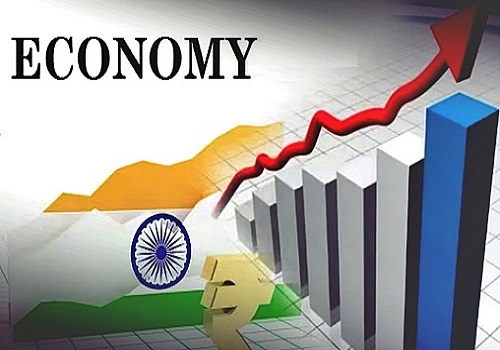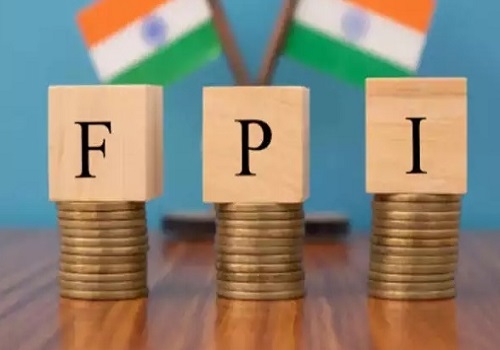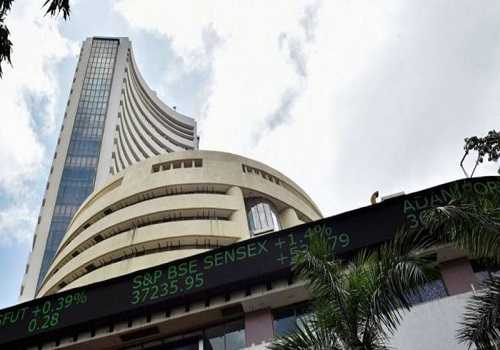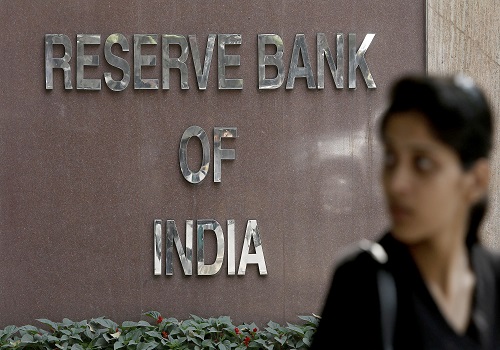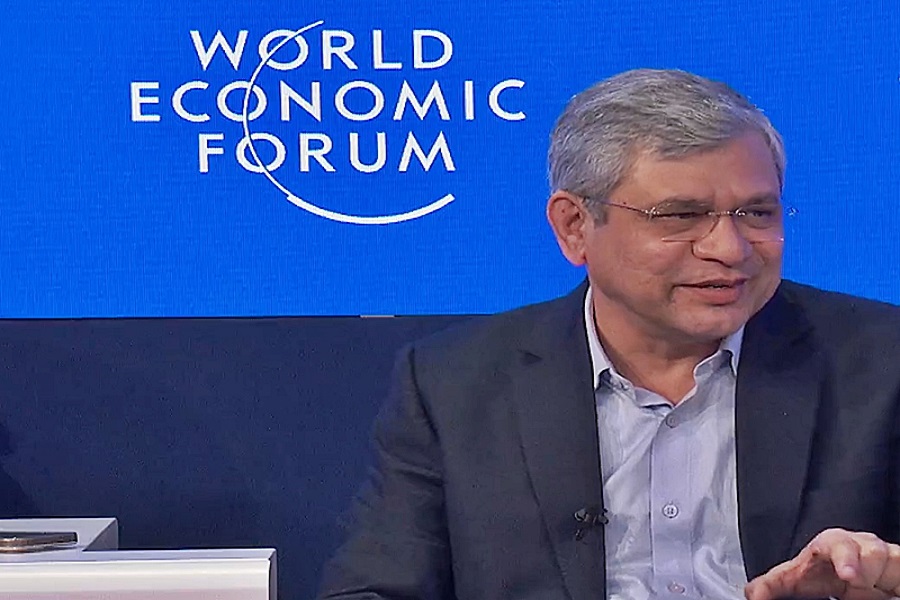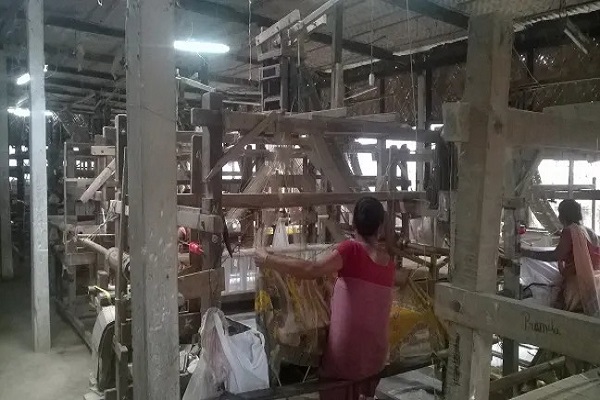India's NABARD raises 10 billion rupees in country's first social impact bond

India's National Bank for Agriculture and Rural Development (NABARD) concluded the country's first social impact bond issue, but raised less than it could have due to higher costs for the issuer, three bankers said on Tuesday.
NABARD accepted bids worth 10.40 billion rupees ($124.9 million), the bankers said, declining to be identified as they are not authorised to speak to the media.
NABARD had planned to raise at least 10 billion rupees via this issue, with a greenshoe option to retain an additional 20 billion rupees. The state-run company has set a coupon of 7.63% on this issue.
While the financier received bids worth around 86 billion rupees, it chose to retain only around the base size due to the higher coupon demanded, an official from NABARD said, requesting anonymity as he is not authorised to speak to media.
"We saw strong demand from banks and provident funds," the official added.
NABARD did not immediately reply to a Reuters email seeking additional comments.
Projects that promise energy efficiency, including green buildings, energy storage, and smart grids, would be eligible for funding through these bonds, the company said in a statement.
AK Capital, ICICI Securities Primary Dealership and Trust Investment Advisors were among the arrangers for the bond issue, which was rated AAA by CRISIL and ICRA.
Bonds for funding green projects or social impact projects have failed for issuers in India as they yield on par with vanilla bonds.
The government has also seen its green bonds issued only marginally below the cost of regular securities, as there is a common pool of investors.
"In India, investors do not have a mandate to invest in ESG, social or green bond," a fixed income head of a life insurance company said, requesting anonymity as he is not authorised to speak to media.
"It does not make sense for us to invest at lower coupon when we can get plain vanilla bonds at a higher rate," this person said, adding that for this market to pick up, investors need an incentive and a steady flow of such issues




